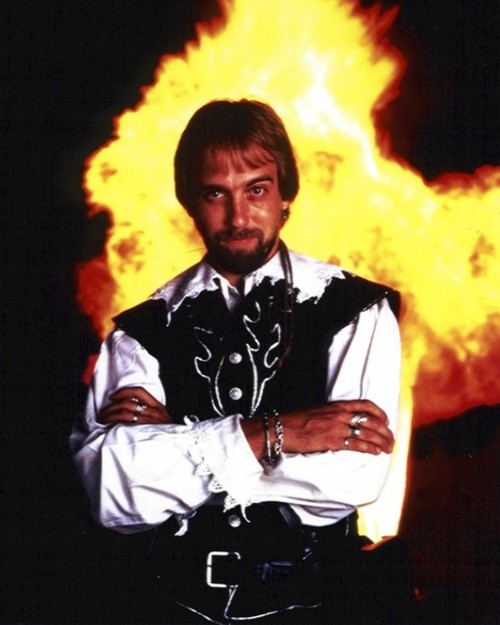Heropath is still far from release and I’ve come to a fork in the road. I have to make a decision that in deciding to recode everything, I need to also include decisions on:
- Finding Immersion: I’ve decided that I need to convert the Perspective of the game to first person from top-down. Adding a 3rd dimension makes the game much more complicated and I’ve found that just getting acquainted with the Godot UI is taking me some time. I think it will be the right decision as I want Heropath to be a surreal, immersive simulation that has adventure and strategy elements. A first person/3D perspective will help with conveying that.
- Design Direction: I need to clearly map out my Design and Logic. I have another project that is much less complicated that has the next three steps mapped out because the design builds on earlier features. I need to figure out how to do the same thing with Heropath. Currently my design is too nebulous and any coding I do will be wasted.
These decisions will take me time to implement. There have also been other factors that have impacted on my development that you can read about at my personal blog.
I want to also mention two new influences that I will integrate into Heropath. One is an indie developer who has released a set of idle play games and the other is blockbuster AAA title. The development process, styles, Play Elements, for these two influences are almost diametrically opposed but I am seeing where each creates depth of skill development. This has really caught my attention and I am now pondering ways to make Heropath more about developing the player’s skill, culminating in the level of mastery where the game becomes toy play. This would fit beautifully with Heropath’s theme of lucid dreaming in an AI’s dream realm.
The indie developer is Grumpy Rhino Games. An amazing solo developer who creates devious, deep idle games that have gotten me to open my wallet. The games are charming, funny, and contain a long game that I find mesmerizing. Here is his list of games:
- Idle Armies (2016)
- Idle Empires (2017)
- Idle Apocalypse (2018)
- Idle Mastermind (2021)
- Necromerger (2022)

Middle-earth: Shadow of Mordor (2014) by Monolith is a AAA epic, expansive third person action adventure. This game is dark, disturbing, and requires hours of play to advance due to its ruthless opponents. It is opposite of the games mentioned above. This is so much I love about this game:
- Set in Middle-earth with a focus on Mordor and the Uruk-hai society.
- Amazing animation and sound that emphasizes the brutal assassinations and combat.
- The Nemesis system is brilliant, allowing for emergence and game stakes to reveal themselves dynamically.
- The open-world is vibrant with its interplay of Outcast/Slaves, Uruk-hai, Caragors, Graug, and Ghuls. Watching these groups play out their agendas against each other is riveting.
- The mix of the Wraith-world and Real-worlds is an mechanical inspiration for a my concept for Heropath.
- You start off having to stealthily make your way in beginning, but as you advance in power you eventually become a warrior-wizard that allows you to compel your enemies, be they beast or orc, to fight for you.
Such different gaming experiences, yet both of these experiences have given me additional inspiration and ideas. It will help my concept become more solid.
Heropath is evolving as I get more experience with designing and coding. The raw concept that I had two years ago is still present but has become more refined. This is exciting to me as the vision is coming more into focus, the path forward is becoming more clear.
Happy Thanksgiving.


